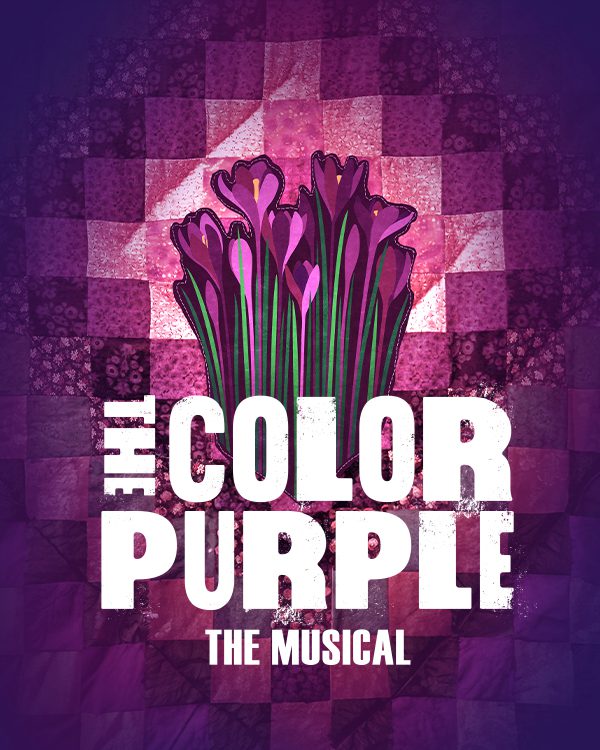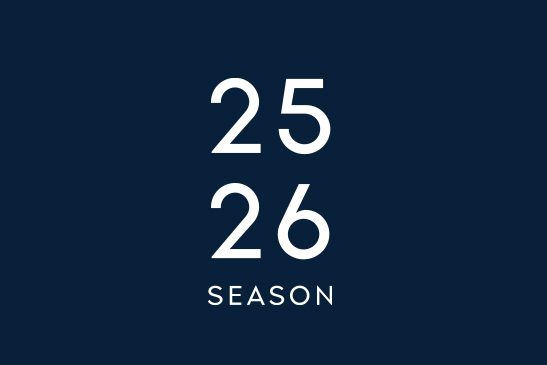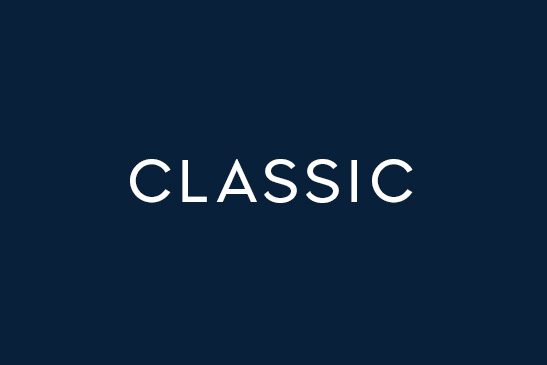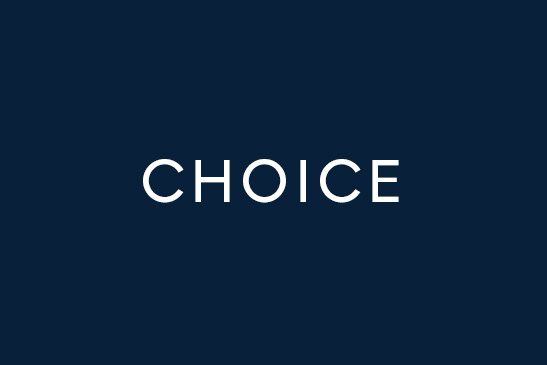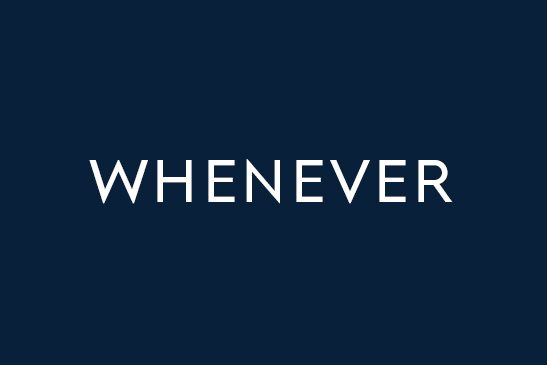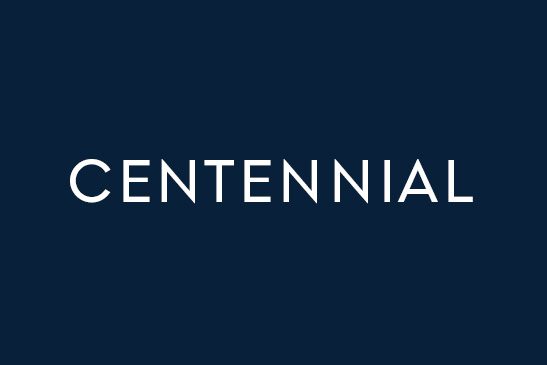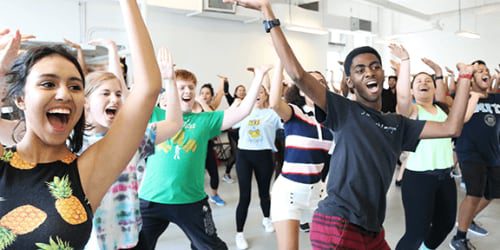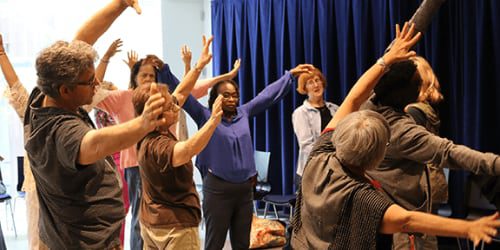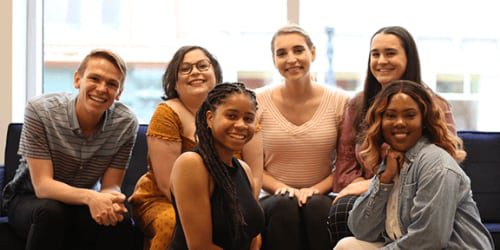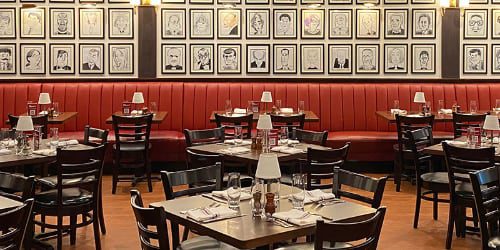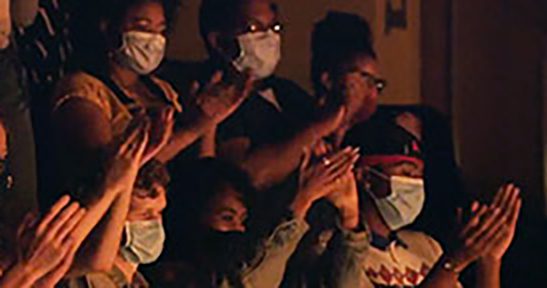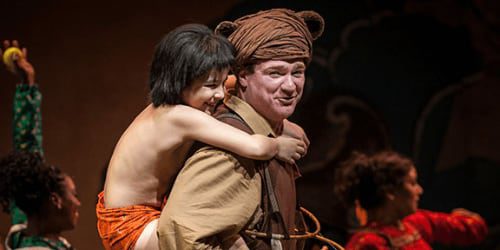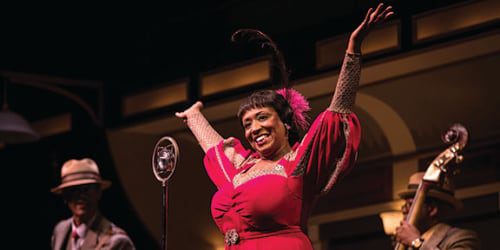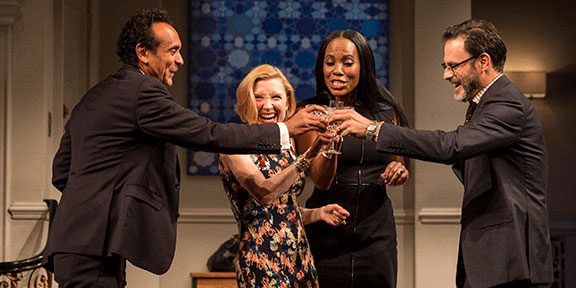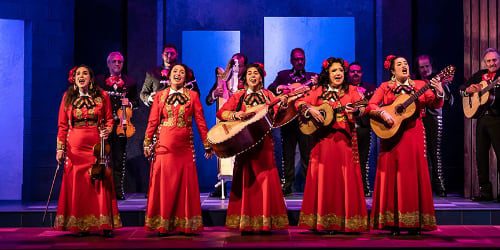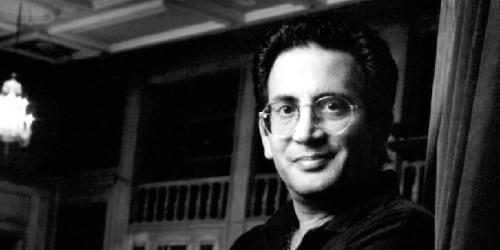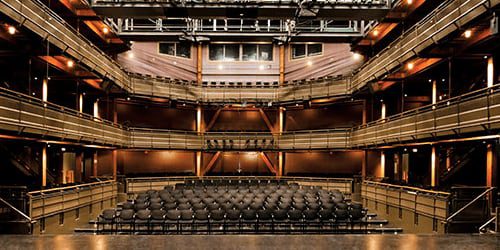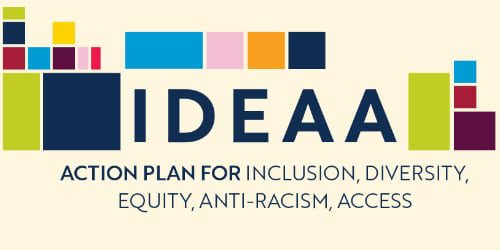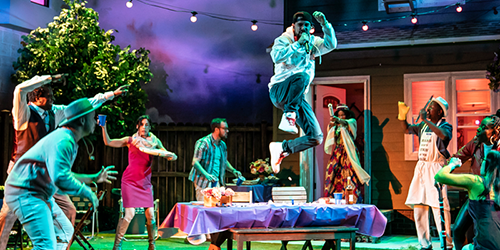Highway Patrol is on stage now!
GET TICKETS
By Caroline Michele Uy
WHEN DID YOU LAST CHECK YOUR PHONE? Maybe it was to get your ticket, pay for parking or check the time. Perhaps it’s intermission and you’re rebooting your phone to address text messages and a myriad of bright red notifications. Are you looking up information about the show, visiting Dana Delany’s or Dot-Marie Jones’ Twitter or Instagrams or reading their Wikipedia pages?
You can learn a lot from just a quick Google search. Delany, for instance, was born in New York City and has two siblings. She graduated from Wesleyan University and has served on the board of Scleroderma Research Foundation, which campaigns to find a cure for the chronic autoimmune disease effecting about 300,000 people in the United States. In a 2010 interview with CBS, she describes eating healthily, focusing on vegetables, tofu, fish and gluten-free pasta. She is 5’6”.
Meanwhile, Jones’ online profile describes her athletic career as a champion in shot put, arm wrestling and powerlifting. She proposed to her spouse in Anaheim in 2013. She is 6’3.5” after a series of knee injuries took about an inch off her height.
It’s funny how much information you can find about a person online. While public access and scrutiny seems to come hand-in-hand with being a celebrity, it applies to almost everyone these days; if you’ve ever taken a photo with a friend, odds are that it’s wound up online because you or a loved one posted and shared it. The information is mostly self-disclosed, either through celebrity-given interviews or user-generated posts.
While that’s unsettling—let’s be honest, it can feel weirder when you can’t find any trace of someone online. The normalization of connecting online is apparent across literature, film, the stage and more. See the quintessential rom-com You’ve Got Mail or reality competition series The Circle. Even horror offerings, like 2022’s Fresh promote precautionary online vetting before venturing into in-person relationships. Stepping away from romantic relationships, personal genetics services like Ancestry.com rely, by some measure, on the idea of abstract facts translating into legitimate connection to one’s familial history.
“Parasocial” is the term describing a one-sided relationship experienced by audiences toward media personas. First coined by sociologists Donald Horten and Richard Wohl in 1956, it refers to situations where an individual feels as though they are “friends” with a public figure, despite having no or limited interaction with them. The phenomenon predates the term—it can arguably describe the bonds one forms with political rulers or religious figures—but has exploded in the age of film, TV and the internet. A natural byproduct of consuming any kind of media, parasocial relationships are characterized by the stark imbalances in power, knowledge and influence between audience members/followers and media figures/influencers.
It’s easy to demonize these attachments and the way the internet facilitates them. There are plenty of influencers who deliberately craft online personas to better engage their following, often to the end of selling certain products or beliefs. On the other hand, celebrities or anyone with a public following can also be in a vulnerable position. When anything can be easily screenshot, replayed and shared, a lack of discretion can result in revealing much more than intended, sometimes to a massive audience. Furthermore, through reciprocal liking, replying, commenting or direct messaging, parasocial interactions can develop back into something that bears resemblance to more balanced, equal relationships. As internet notoriety becomes a more viable career option, many content creators describe feeling honest connection to their audiences, soliciting them for their opinions and shaping their content into something they might enjoy.
However, it is overly simplistic to judge online relationships as fake, naïve or dangerous, and deem offline, “real-life” relationships as truer and more genuine. While it is true that most online relationships lack social cues available in face-to-face interaction, the internet also provides a degree of anonymity that can allow greater vulnerability and honesty. Unbeholden to limitations of appearance and social status, online spaces allow for individuals to craft more coherent narratives of self-identity, fueled by personal interests, hobbies and activities. Especially for anyone who identifies within a marginalized group, online communities can more effectively facilitate camaraderie and sharing of resources and experiences.
In short, the world of online connection is a mess, one that’s ingrained in the fabric of current society and not going away any time soon, regardless of whether one actively participates in it or not. At the end of the day, even when such relationships are fraught, it’s important to remember that there are authentic human emotions and connections on the other side of the screen… though, with the growing prevalence of artificial intelligence like ChatGPT, maybe not for long.
Caroline Michele Uy is a Chicago-based freelance writer, arts administrator, dramaturg and stage manager.
